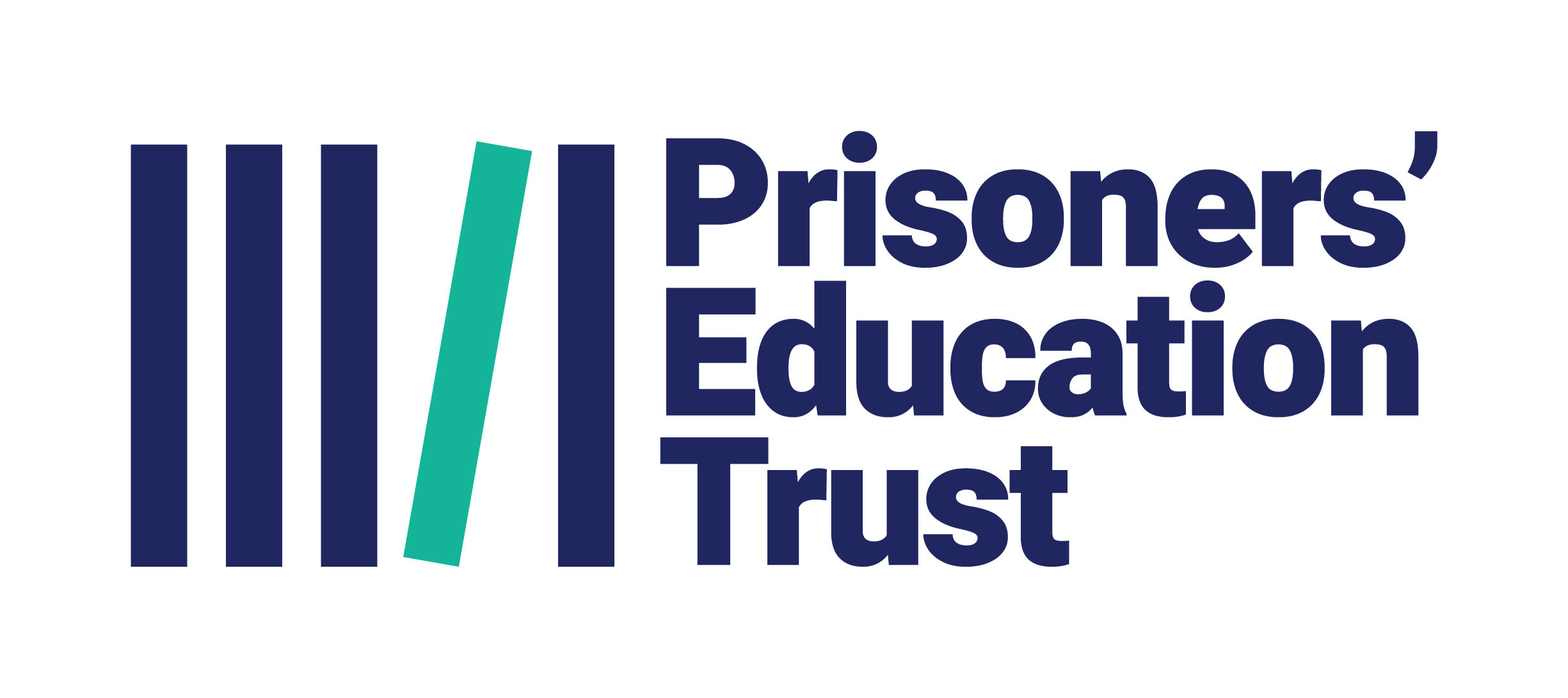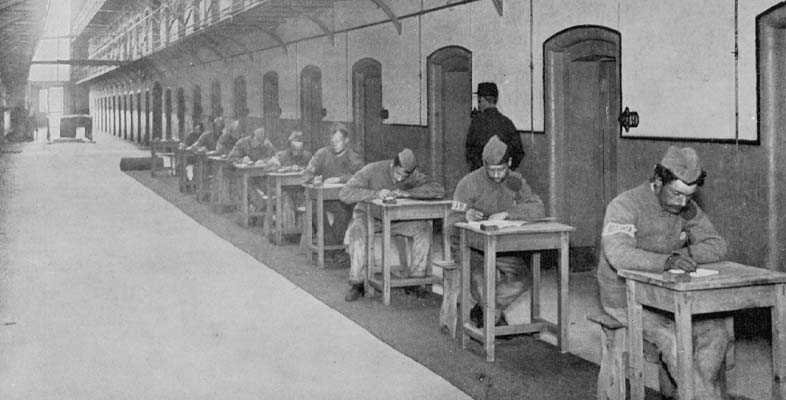Schemes to improve the literacy and numeracy of prisoners, and often to teach them more besides, emerged at the turn of the nineteenth century, coinciding with the birth of the modern prison.
This free course will tell you about the history of prison education in the British Isles. It will examine the motivations behind the provision of education, the types of learning that were offered and the experiences of prisoners, over the first 100 years of education in prisons. By juxtaposing the ambitions of reformers with the realities of the penal environment, this course will offer some reflections on the value of history to policymakers and practitioners involved in prison education and rehabilitation today.
355Enrolling on the course will give you the opportunity to earn an Open University digital badge. Badges are not accredited by The Open University but they’re a great way to demonstrate your interest in the subject and commitment to your career, and to provide evidence of continuing professional development.
Once you are signed in, you can manage your digital badges online from My OpenLearn. In addition, you can download and print your OpenLearn statement of participation – which also displays your Open University badge.
The Open University would really appreciate a few minutes of your time to tell us about yourself and your expectations for the course before you begin, in our start-of-course survey. Once you complete the course we would also value your feedback and suggestions for future improvement, in our end-of-course survey. Participation will be completely confidential and we will not pass on your details to others.
In 2022, Rosalind Crone, lead author of this course, received an ‘Innovation in Teaching Prize’ from the Royal Historical Society. The production of this course was a team effort which included contributions from Open University staff, Prisoners’ Education Trust, and several former prisoners. We would like to thank the Royal Historical Society for their recognition of this work and for their support in promoting the importance of access to education in prisons.

The development of this course was supported by a grant from the Arts and Humanities Research Council and through collaboration with Prisoners’ Education Trust. It is strongly recommended for the professional development of anyone working in prisons or criminal justice, as well as for prisoners who want to try higher-level learning and to reflect on their educational experiences.

This course is accredited by the CPD Standards Office. It can be used to provide evidence of continuing professional development and on successful completion of the course you will be awarded 24 CPD points. Evidence of your CPD achievement is provided on the free Statement of Participation awarded on completion.
Anyone wishing to provide evidence of their enrolment on this course is able to do so by sharing their Activity Record on their OpenLearn Profile, which is available before completion of the course and earning of the Statement of Participation.
Earn this free Open University digital badge if you complete this course! The badge can be displayed, shared and downloaded as a marker of your achievement. The badge is awarded for completing the course and passing the quizzes.
Course learning outcomes
After studying this course, you should be able to:
- understand the history of prison education in the British Isles
- recognise that especially literacy and numeracy programmes have been offered to prisoners in a range of contexts and for a variety of purposes
- understand the variety of ways in which prisoners responded to schemes for their educational improvement and rehabilitation
- understand some of the ways in which the study of the past can aid policymaking and practice in the present.
First Published: 11/10/2022
Updated: 11/10/2022
